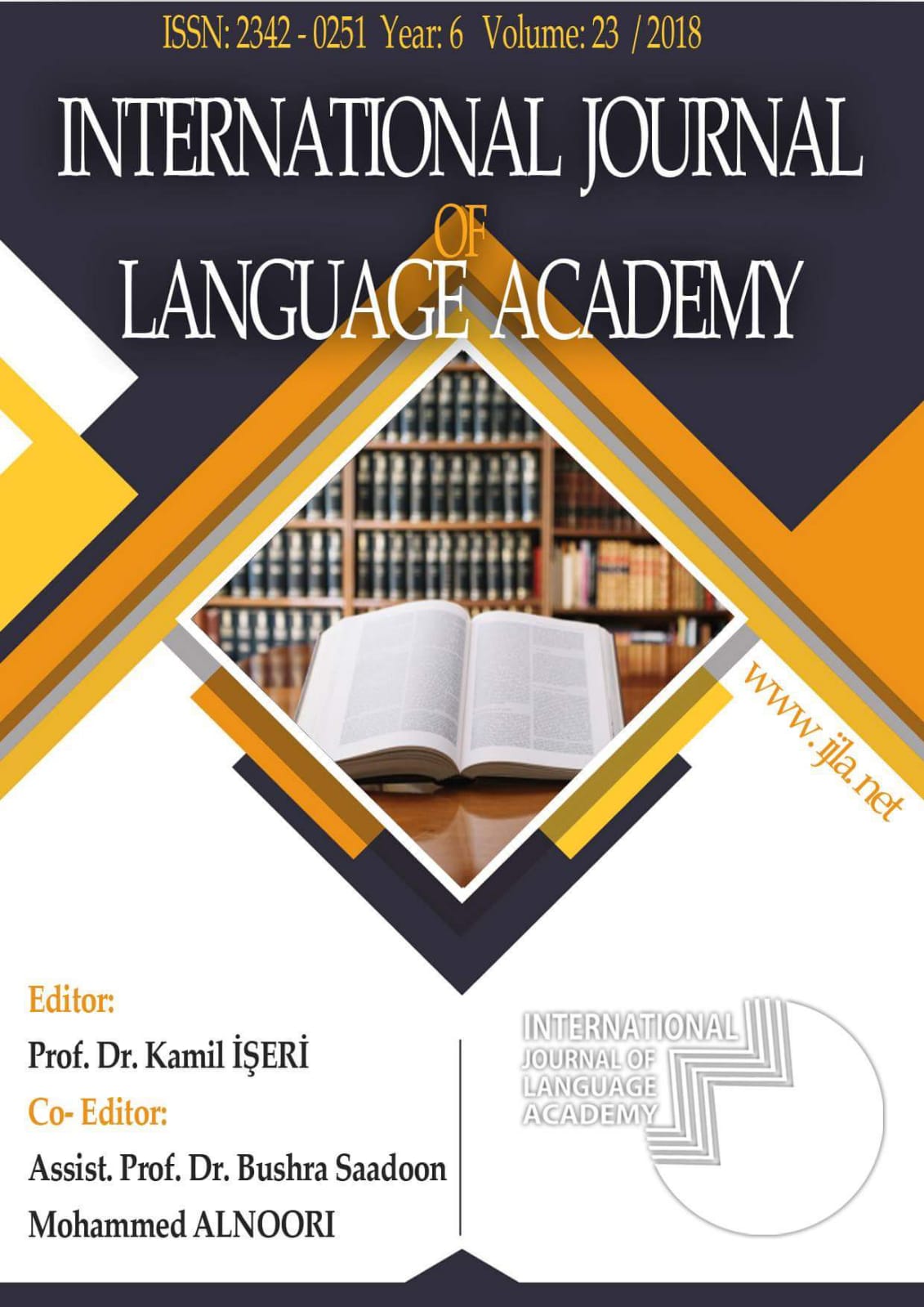TROUBLES ARABS HAVE WHEN LEARNING ENGLISH: A CASE OF THE DEPARTMENT OF ENGLISH IN ALWAJH COLLAGE TABUK UNIVERSITY STUDENTS
Author :
Abstract
This study was to review the literature on problems encountered by Arab EFL learners focusing on the many problems in English language learning and the reasons that lie behind these problems. This study concludes that Arab EFL learners encounter many serious problems in the four language skills, i.e. listening, speaking, reading and writing. It also concludes that the reasons that lie behind these problems are many such as English is not the mother tongue of the Arab EFL learners, Arab learners use Arabic as their formal language of communication, the lack of the target language exposure as spoken by its native speakers, the Arab EFL learners’ preference for using Arabic in EFL classrooms rather than English, the lack and weakness of the input in their language teaching context, the lack of the Arab EFL learners’ personal motivation, the inappropriateness and weakness of the English language curricula adopted by some academic institutions. The findings of this study indicate that at the beginners’ level, students should be able to understand the essence of what is being said or presented to them. The input presented in the syllabus should be appropriate to the learner’s stage of linguistic competence. Also, the Output appears to play an important role and can help provide learners with feedback, make them concentrate on the form of what they are saying and help them sort out their language competence. Follow up is a crucial matter that helps the learners identify improvement and discuss language progression and obstacles with a professional.
Keywords
Abstract
This study was to review the literature on problems encountered by Arab EFL learners focusing on the many problems in English language learning and the reasons that lie behind these problems. This study concludes that Arab EFL learners encounter many serious problems in the four language skills, i.e. listening, speaking, reading and writing. It also concludes that the reasons that lie behind these problems are many such as English is not the mother tongue of the Arab EFL learners, Arab learners use Arabic as their formal language of communication, the lack of the target language exposure as spoken by its native speakers, the Arab EFL learners’ preference for using Arabic in EFL classrooms rather than English, the lack and weakness of the input in their language teaching context, the lack of the Arab EFL learners’ personal motivation, the inappropriateness and weakness of the English language curricula adopted by some academic institutions. The findings of this study indicate that at the beginners’ level, students should be able to understand the essence of what is being said or presented to them. The input presented in the syllabus should be appropriate to the learner’s stage of linguistic competence. Also, the Output appears to play an important role and can help provide learners with feedback, make them concentrate on the form of what they are saying and help them sort out their language competence. Follow up is a crucial matter that helps the learners identify improvement and discuss language progression and obstacles with a professional.





